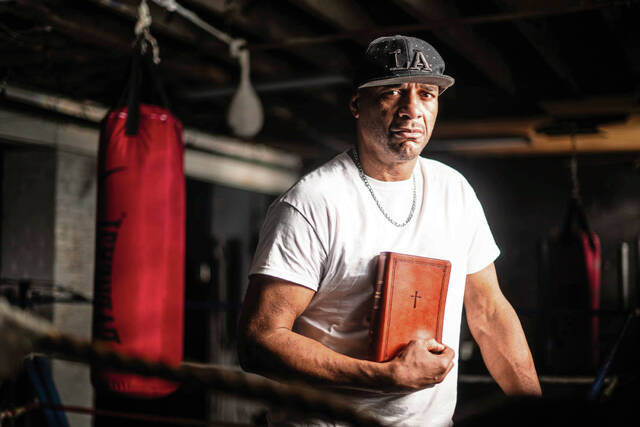A Greensburg sheltered workshop that serves more than 100 intellectually challenged adults is suing the Pennsylvania Department of Human Services to overturn regulations that would force their handicapped clients out into the community at least a quarter of the time.
The Westmoreland County Blind Association joined the Rehabilitation and Community Providers Association United Cerebral Palsy of Central Pennsylvania (UCP), Associated Production Services Inc., and two families in the lawsuit.
The suit, filed in Commonwealth Court, is the group’s most recent attempt to modify regulations the agencies and families say do not fit the needs of many workshop clients and would have the negative impact of pushing some severely disabled adults out of the programs they have attended for years.
Two years ago, when the agencies and their clients joined in a massive march on Harrisburg, they were successful in delaying regulations that were scheduled to begin in 2018. Despite their efforts, those regulations reflecting the state’s changing approach to handicapped services went into effect July 1.
For those programs to continue to receive funding, they must agree to get all of their clients out into the community at least 25 percent of the time. And agencies such as the Blind Association, where the in-house workshop staff-to-client ratio is 1 to 6, must find additional help to fill the requirement that clients on outings go in groups with a staff-to-client ratio no greater than 1 to 3.
Tim Miller, executive director of the Westmoreland County Blind Association, said the new regulations would add extra financial burdens to programs already struggling under a 9-10% reduction in state subsidies. He said they also would rob his clients and their families of the opportunity to make choices as to how they will spend their days.
A spokeswoman for the Department of Human Services declined to discuss the issue in depth, citing pending litigation. Department Press Secretary Erin James said the state’s reimbursement rates for such services were designed to push participation in inclusive, community-based services and ensure cost effectiveness.
She said services have been evolving for many years, with the goal of more inclusiveness and delivering services to those with disabilities in a community setting.
“We continue to work with providers to transform business models to be more inclusive and ensure access to quality services that meet the needs of participants,” James said.
Miller disagreed. He said some of the association’s clients who have participated in its programs for years and face multiple intellectual, physical and social disabilities don’t want to participate in community activities. But agencies face financial losses if they don’t force the issue.
“Nobody wants to lose money like that. All I’m doing is what the people we serve want us to do. If they want to go out 100 percent, we take them out. But if they don’t, I just can’t do it morally or ethically,” he said.
Miller said local lawmakers were very supportive of his clients when they visited the capital earlier this week.
State Rep. Eric Nelson, R-Hempfield, said he’s frustrated with the decision by the Department of Human Services to implement the regulations across the state.
He fears the state’s moves to create financial disincentives and to push its community participation requirements may force some small workshops in rural areas out of business.
“And then we’d have people stuck at home,” he said.
“No one wanted to file a lawsuit. We’ve tried multiple times to meet with the department and come to a better way. But the department has been resolute in creating financial disincentives to push this, and they don’t have the authority to do that,” Nelson said.








